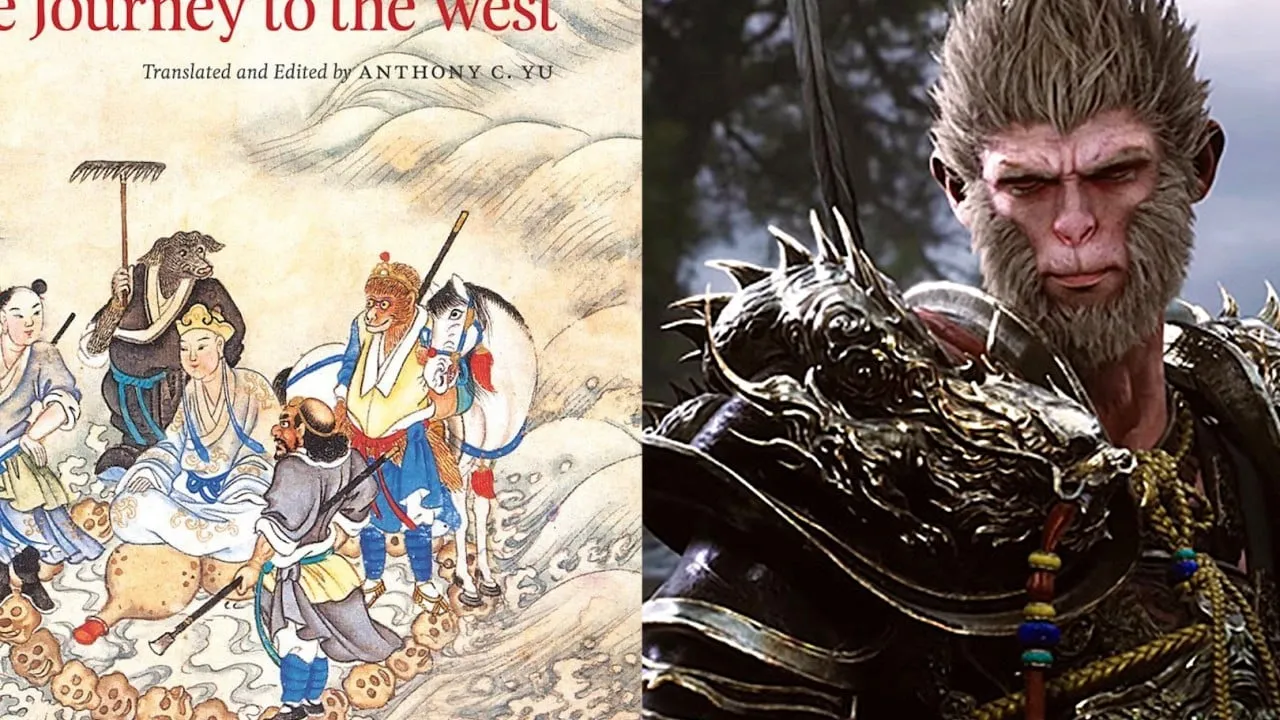Chinese Video Games: How Black Myth: Wukong Reimagines the Gaming Industry in China

Resurgence of Creativity in Chinese Video Gaming
Chinese video games are experiencing a remarkable revival, primarily driven by the groundbreaking Black Myth: Wukong. Through its engaging storyline and stunning graphics, it has managed to capture the essence of Journey to the West, one of China's most beloved tales.
Political Repercussions of Wukong's Success
The game has not only secured impressive commercial success, with over 10 million copies sold, but has also won applause from Chinese state-run media. This endorsement serves to bolster its legitimacy, presenting it as a cultural ambassador.
Cultural Significance of the Monkey King
- Monkey King: A cultural icon depicted with depth in Wukong.
- Traditional Elements: Features real Chinese temples and folk music.
- Potential for Soft Power: Paves the way for China to enhance its global cultural influence.
Navigating Government Control and Market Challenges
The momentous rise of Wukong has raised questions about the future landscape of gaming in China. Will this success inspire a relaxation in the overbearing government controls on the industry?
- Ongoing licensing issues persist.
- The youth gaming demographic is shrinking, affecting consumer spending.
- Smartphone titles are overtaking traditional titles.
Despite these hurdles, Wukong's success illuminates a path forward, emphasizing the need for innovative storytelling and game development in the competitive gaming market.
This article was prepared using information from open sources in accordance with the principles of Ethical Policy. The editorial team is not responsible for absolute accuracy, as it relies on data from the sources referenced.